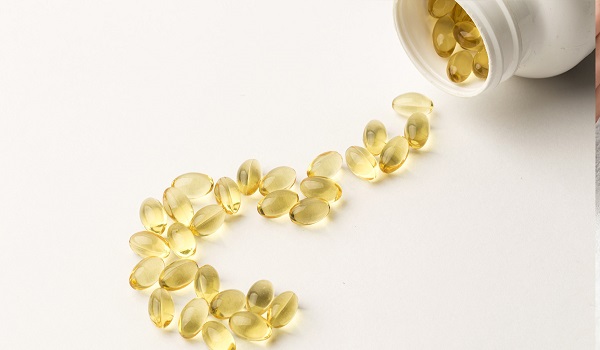In a significant move to streamline the sampling process for imported Vitamin D2, the Food Safety and Standards Authority of India (FSSAI) has issued a directive clarifying the sample quantity requirements. The apex food regulator now mandates Authorized Officers to collect 50 grams of Vitamin D2, divided into two portions of 25 grams each, from imported consignments.
The directive, aimed at balancing regulatory needs with industry concerns, also highlights provisions for returning the remaining samples to the importers if the product is deemed safe. This aligns with Regulation 9(9) of the Food Safety and Standards (Import) Regulation, 2017, which states that safe samples should be returned to the importer.
The new guideline follows petitions from importers urging FSSAI to reconsider the earlier requirement under the Food Safety and Standards (Laboratory and Sample Analysis) Regulations, 2011, which listed a much larger quantity—500 grams—as the sample volume for Vitamin D2, classified as “food not specified.”
Benefits of Vitamin D3 in Health and Nutrition
While the focus of this directive is on Vitamin D2, the role of Vitamin D3 in health and nutrition is noteworthy. Vitamin D3, also known as cholecalciferol, is synthesized in the skin upon exposure to sunlight and is found in animal-based food products. It offers several health benefits:
- Bone Health: Vitamin D3 aids calcium absorption, crucial for maintaining strong bones and preventing conditions like osteoporosis and rickets.
- Immune Support: It strengthens the immune system, helping the body combat infections and reduce inflammation.
- Mood Regulation: Adequate Vitamin D3 levels are linked to improved mood and may help alleviate symptoms of depression.
- Cardiovascular Health: Studies suggest Vitamin D3 may play a role in reducing the risk of heart disease by supporting proper cardiovascular function.
- Muscle Strength: It supports muscle function and reduces the risk of falls and fractures in older adults.


